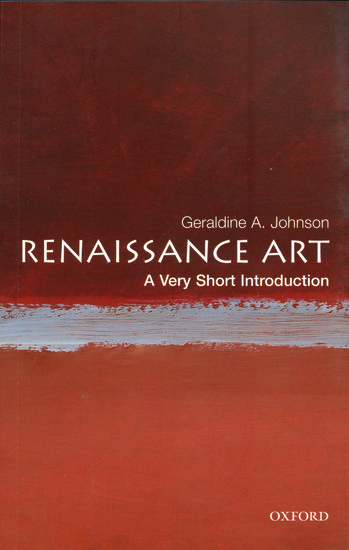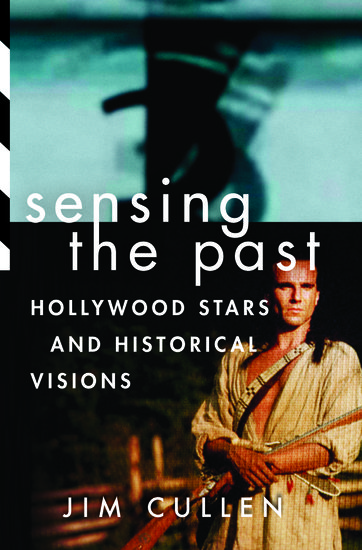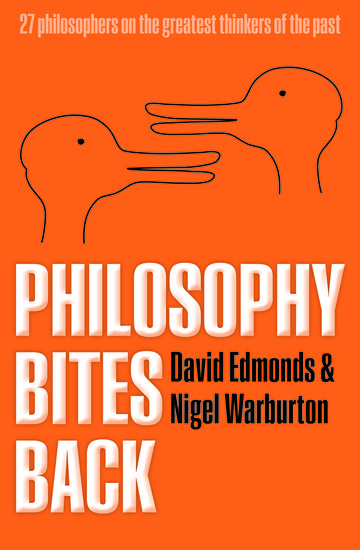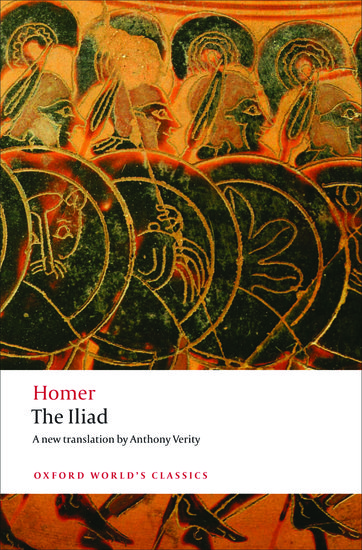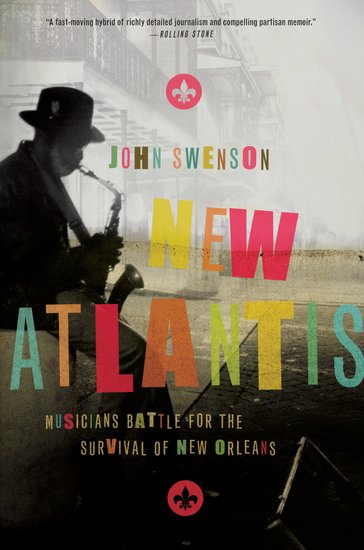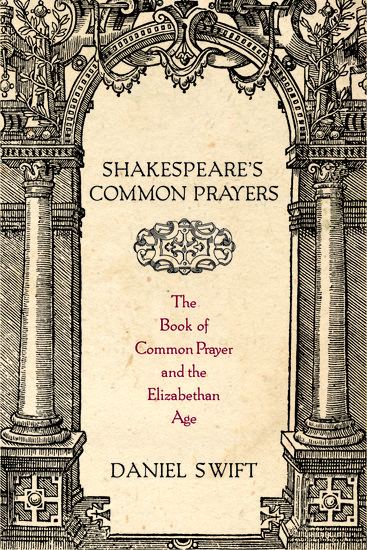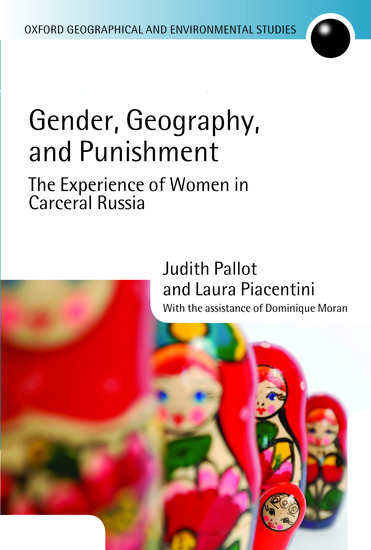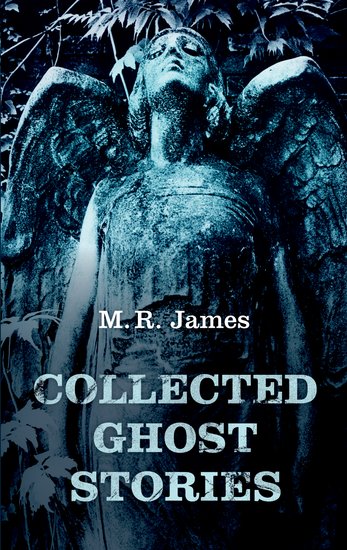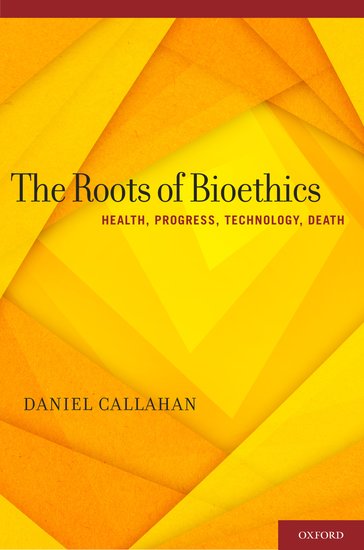Is Renaissance art ‘history’?
By Geraldine Johnson
When the latest news in the art world is all about record-breaking prices for contemporary works and the celebrity buzz of London’s Frieze Art Fair, thinking about Renaissance art might seem, well, a little old-fashioned, if not downright eccentric. But if the two experiences I had recently are anything to go by, maybe we need to think again.

